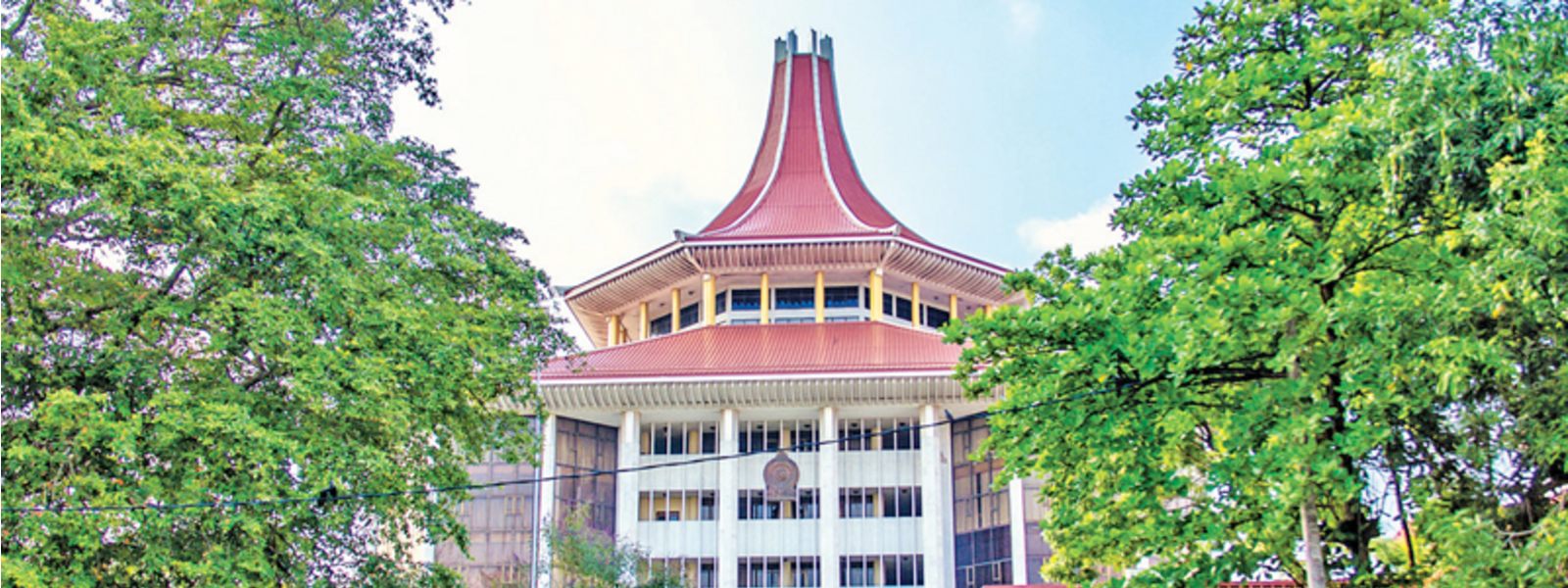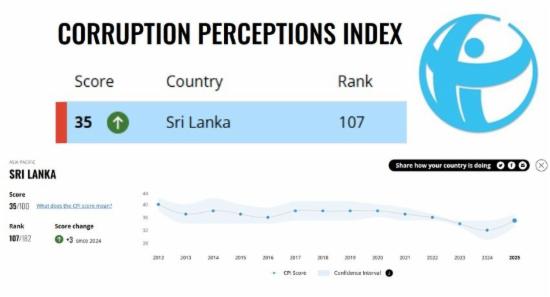.webp)

Tax exemption in Port City Bill detrimental to economy - Counsel
Colombo (News 1st); The petitions filed challenging the constitutionality of the Port City Economic Commission bill were taken up for consideration today.
Counsel Appearing on behalf of the Centre for Policy Alternatives, and Transparency International Sri Lanka, Kanageeswaran PC, submitted to the court that the bill if enacted into law will affect the fundamental structure of sovereignty. He submitted that the bill attempts to create an all-powerful commission that is answerable to no one. Kanageeswaran PC refers to the commission as an alter-ego of the current and future presidents. He highlighted the fact that although the bill on multiple occasions refers to the objective of the bill to be "advancement of the national economy" the provisions of the bill do not reflect this. The counsel pointed out that there is no advancement of the national economy through the port city as investors in the port city are not liable to pay taxes to Sri Lanka. He also pointed out that there is no parliamentary oversight for this all-powerful commission administering the port city and therefore is contrary to constitutional provisions that vest the control of public finances with parliament. Making submissions in court M.A. Sumanthiran PC highlighted the provisions allowing non-citizens to be appointed to the all-powerful commission proposed to be established under the bill, which would affect the sovereignty of Sri Lanka. He also pointed out that the tax exemptions and exemptions from other levies included in the bill would be detrimental to the economy of the country. Sumanthiran PC stated that the bill disallows citizens of Sri Lanka who have legally earned money in Sri Lanka to invest in the Port City, and discriminates among Citizens and Non-citizens to the detriment of the Citizens of Sri Lanka. Counsel appearing on behalf of the General Secretary of the United National Party submitted that the Port City Economic commission is vested with the ultimate power to control and manage all aspects of human life and interactions at the port city, sans any oversight of parliament. He pointed out that the powers vested with the commission are such that they could sue the state of Sri Lanka in the event any provisions of the current acts are amended. Also that it completely ousts the jurisdiction of the court in matters occurring in the port city by requiring all matters to be solved by compulsory arbitration, which is an oxymoron in itself.Other Articles
Featured News





.png )

-827130_550x300.jpg)
-827124_550x300.jpg)
-827118_550x300.jpg)
-827112_550x300.jpg)








-822734_550x300.jpg)
-822716_550x300.jpg)
















.gif)